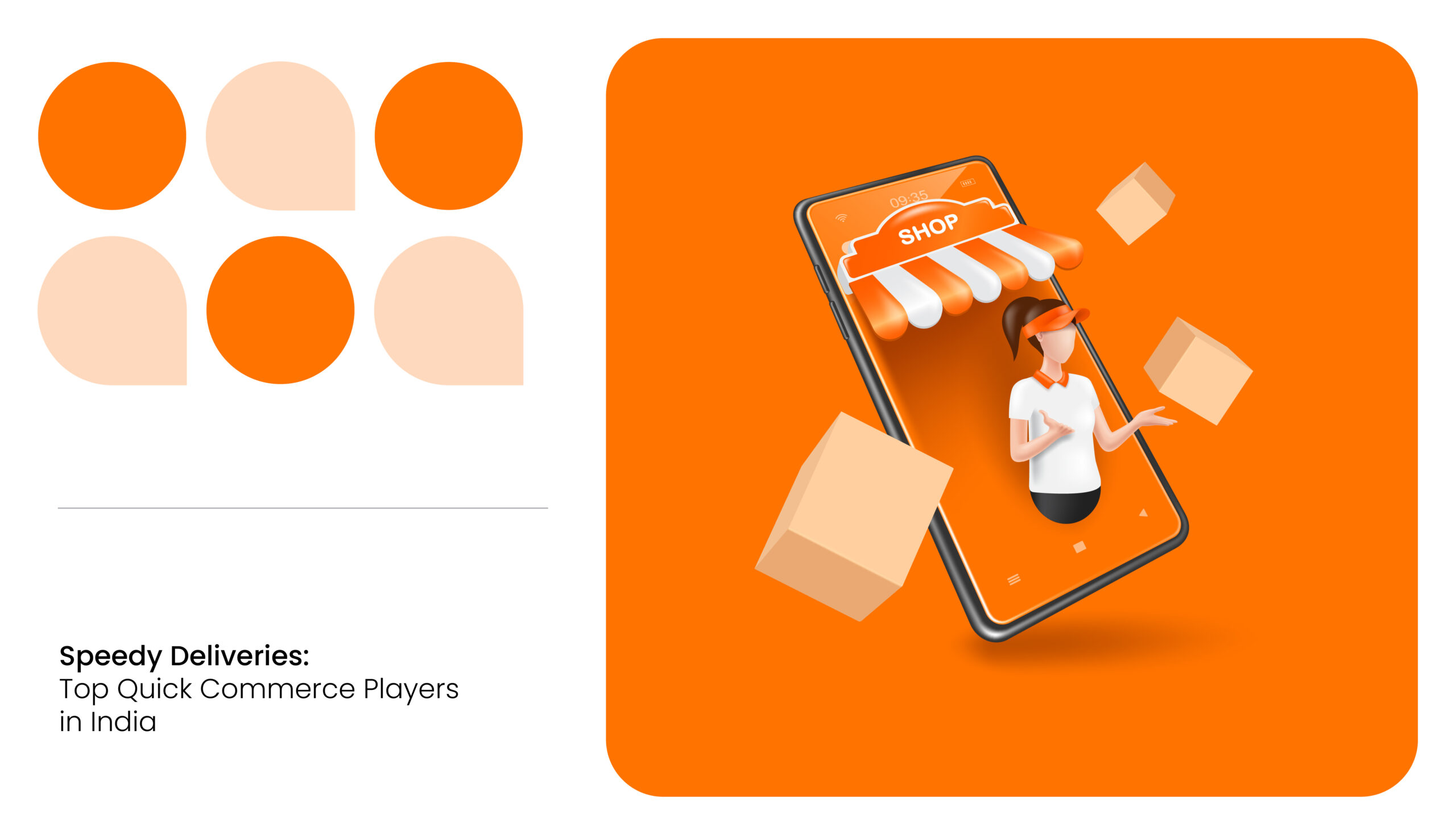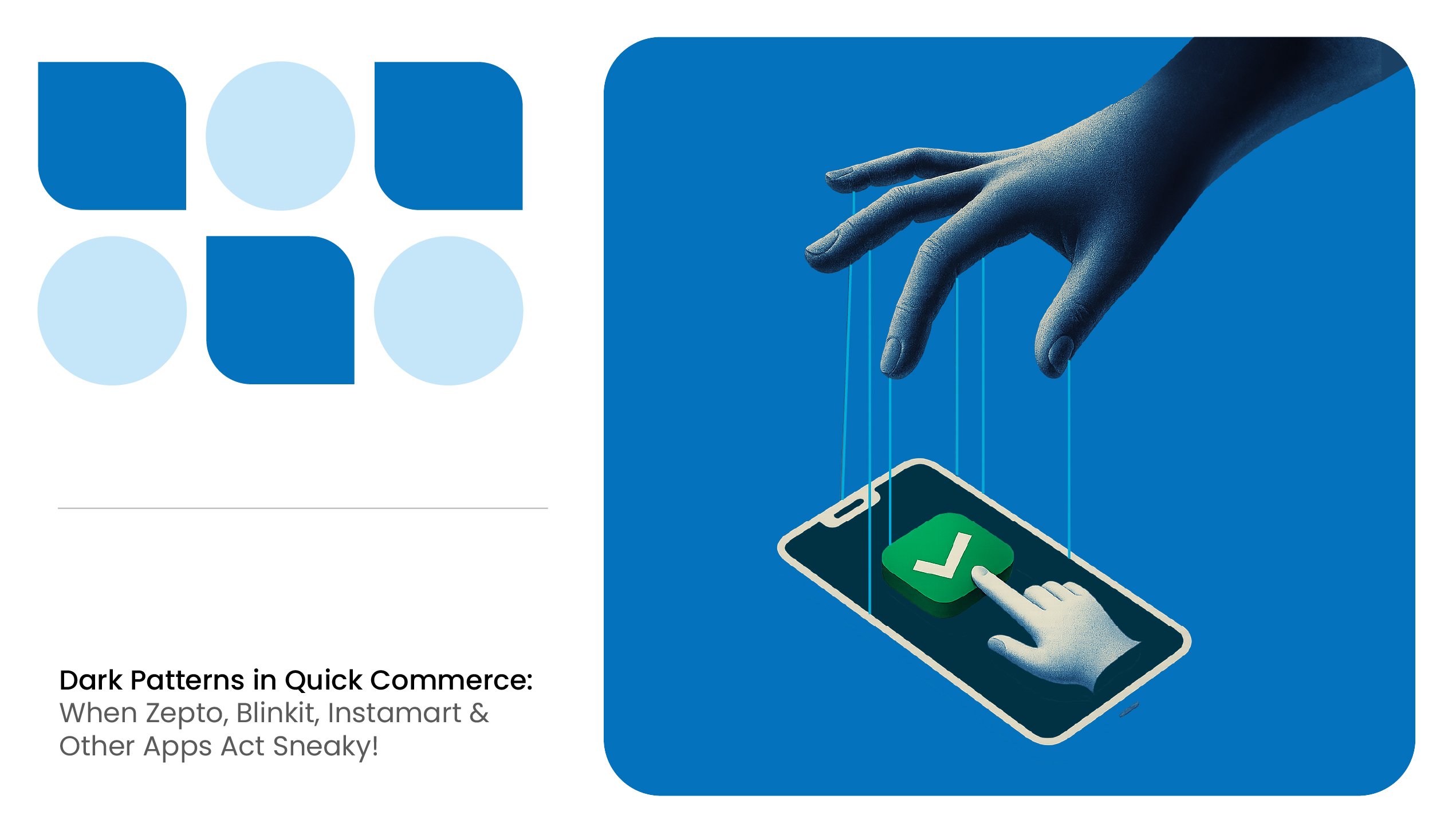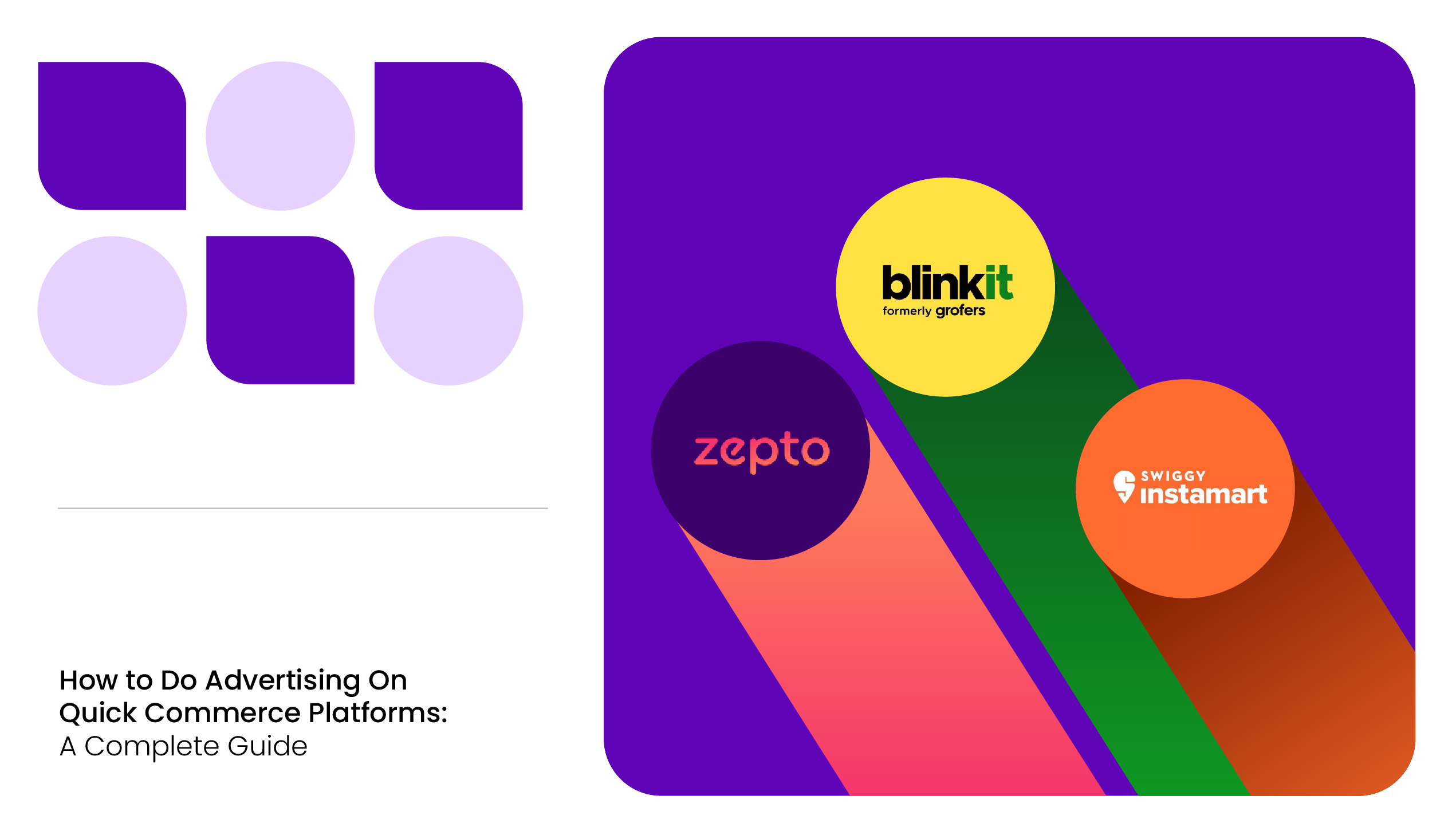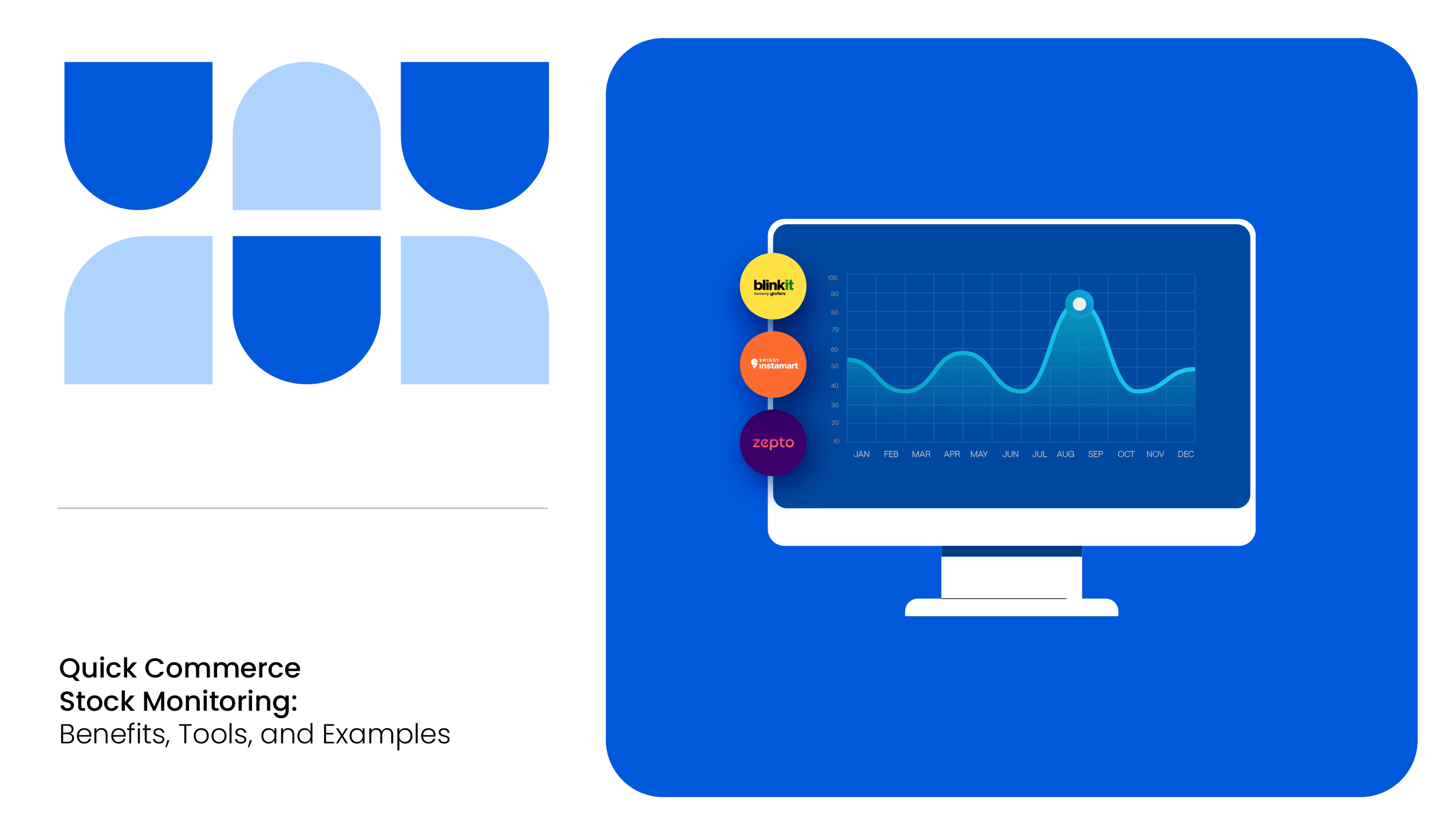India has seen explosive growth in the quick commerce sector over the past few years. In fact, quick commerce services accounted for over two-thirds of all e-grocery orders in 2024. The market surged from near $1 billion to about $6–7 billion between 2022 and 2024.
This boom is driven by urban consumers’ demand for instant delivery, heavy investor funding, and the expansion of on-demand delivery apps into groceries and essentials. The top quick commerce players in India have leveraged technology, including local dark-store warehouses and AI-driven logistics, to make shopping incredibly convenient.
These companies are not only transforming retail in India with instant delivery but are also attracting significant business interest due to their innovative models and rapid growth.
Below, we highlight the top quick commerce players in India and examine their services, market impact, and strategies.
Blinkit

Blinkit (formerly Grofers) is one of the top quick commerce players in India. It is known for delivering groceries and daily essentials in 10 minutes via a network of local dark stores. Founded in 2013, it was a pioneer in express grocery delivery, rebranding to “Blinkit” in 2021 to emphasize speed.
Blinkit currently operates in over 30 Indian cities and fulfills hundreds of thousands of orders per day. In 2022, food-delivery giant Zomato acquired Blinkit.
Blinkit commands the largest share of India’s quick commerce market, around 45–46% as of mid-2024, making it a market leader in instant grocery delivery. With a delivery time of 10–20 minutes for thousands of products, Blinkit has set the standard for speed.
Backed by Zomato’s resources, Blinkit continues to expand into new cities and categories while focusing on sustainable growth and profitability. Its scale and focus on operations have firmly positioned Blinkit among the top quick commerce players in India, leading the industry’s rapid evolution.
READ MORE | Want to Learn More About Blinkit Business Model? Check out How Blinkit Works: Understanding Its Business and Delivery Model
Zepto
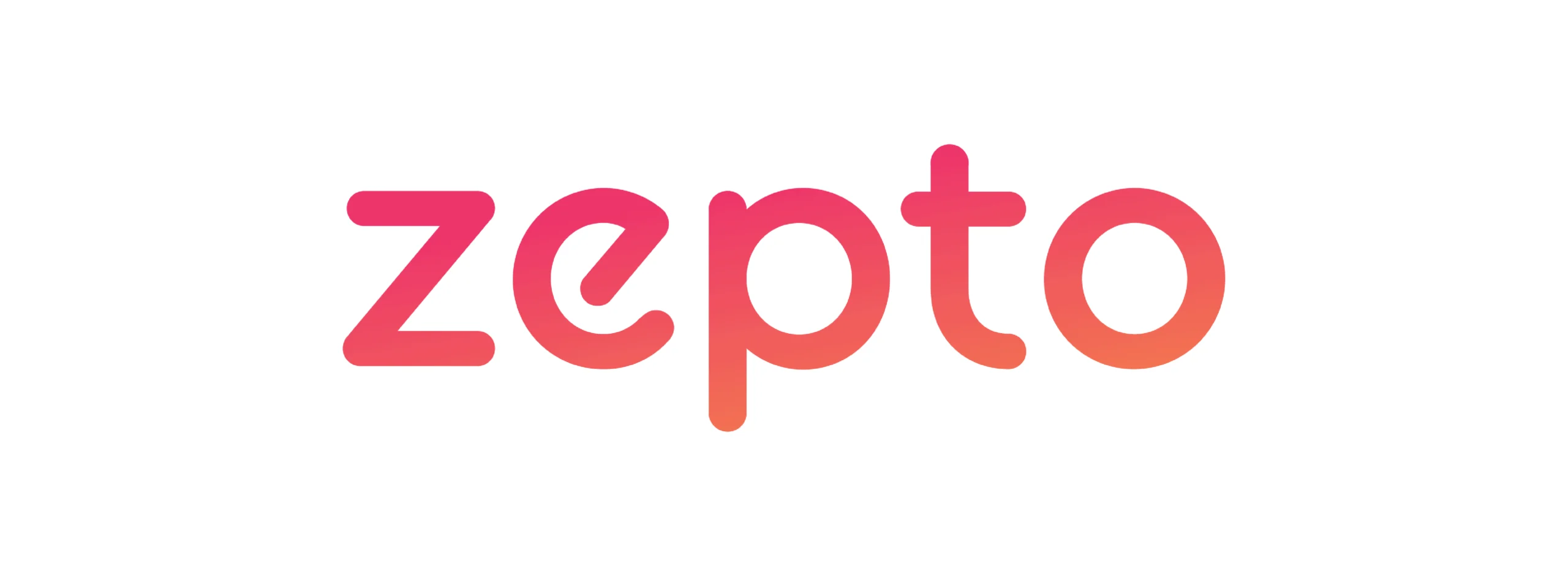
Zepto is a fast-growing startup that has quickly joined the ranks of top quick commerce players in India. Founded in 2021 by two young entrepreneurs, Zepto built its brand around 10-minute grocery delivery in major metros.
Zepto’s business model involves opening a network of over 100 “dark store” micro-warehouses to stock products near customers, enabling lightning-fast fulfillment. Shoppers can get essentials in as little as 8–10 minutes through Zepto’s app.
Due to its agility, Zepto captured roughly 25–30% of India’s quick commerce market within two years. Zepto’s focus on tech-driven logistics and aggressive growth has made it one of the leading quick commerce companies in India.
With an annualized sales run rate reportedly exceeding $1.5 billion as of late 2024, Zepto is demonstrating that on-demand delivery in India can scale rapidly. It continues to compete closely with Blinkit for market leadership, indicating a healthy level of competition in the instant delivery market in India.
Swiggy Instamart

Swiggy Instamart is the quick commerce offering from Swiggy, one of India’s largest food delivery platforms. Launched in 2020, Instamart leverages Swiggy’s extensive delivery fleet and expertise to promise groceries and daily staples within 15-45 minutes.
By utilizing dedicated dark stores and even eco-friendly e-bikes for last-mile delivery, Swiggy Instamart has become a formidable player in quick commerce. As of 2024, Swiggy Instamart held about 25-27% of the quick commerce market, placing it among the top three players nationally.
Its integration within the popular Swiggy app provides it with access to millions of existing users, helping drive the adoption of on-demand grocery orders. Instamart offers a wide range of products – from fresh vegetables and pantry staples to household essentials – aiming to be a one-stop solution, much like a virtual convenience store.
The service often runs 7 days a week from early morning until late night, catering to spur-of-the-moment needs. Instamart’s growth is a key part of Swiggy’s business strategy, demonstrating how established food-delivery firms can successfully diversify into the quick commerce arena.
Amazon Fresh
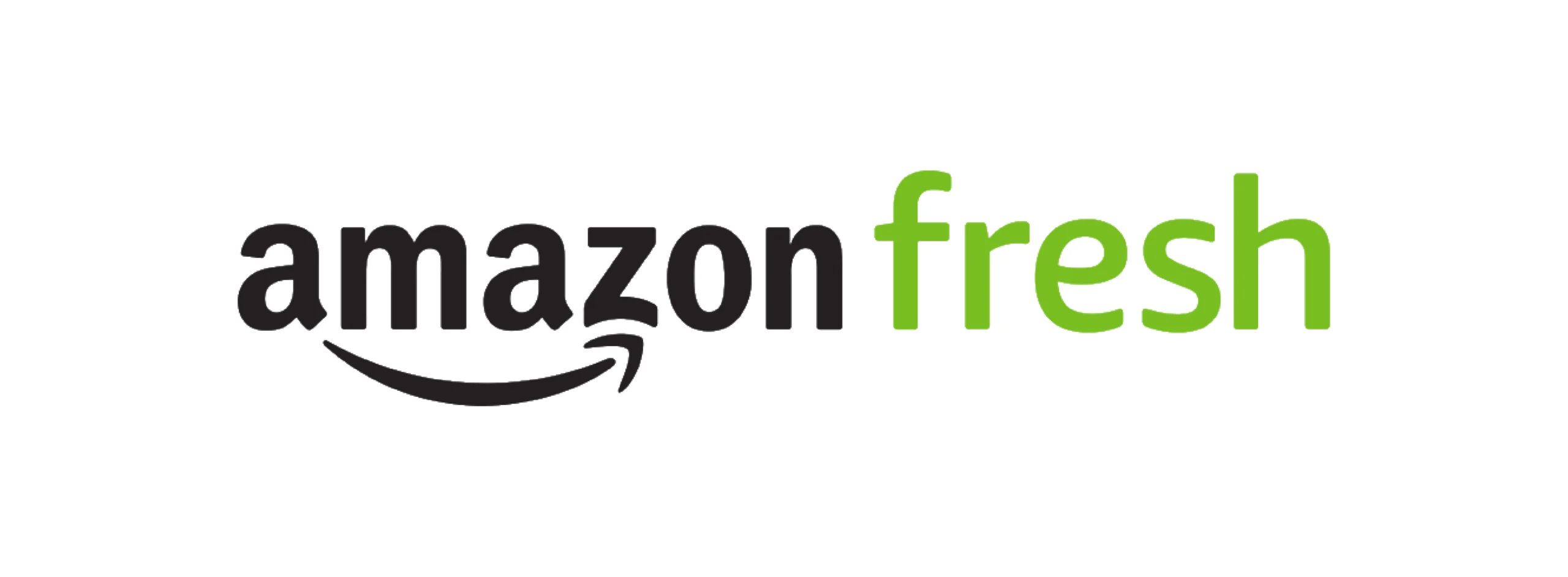
Amazon, the global e-commerce titan, has also stepped into India’s quick commerce race through its Amazon Fresh service and new pilots. Amazon Fresh has been delivering groceries in India since 2019, primarily via 2-hour or same-day delivery slots in cities.
However, seeing the success of local 10-minute delivery rivals, Amazon began testing an even faster option. In early 2025, Amazon rolled out an ultra-fast delivery pilot (internally codenamed “Amazon Tez” or Amazon Now) offering 10–15 minute deliveries in select Bangalore neighborhoods.
Initially focused on groceries and daily essentials, Amazon’s quick commerce trial is expected to expand into categories such as beauty, home, and kitchen as it scales up. By leveraging its vast logistics network and local fulfillment centers, Amazon aims to match the speed of India’s homegrown quick commerce companies.
Amazon Fresh continues to serve customers with scheduled on-demand delivery in India, and the new Amazon Now/Tez initiative signals Amazon’s commitment to instant delivery as well. As Amazon integrates ultra-fast deliveries into its platform, Indian consumers can benefit from even greater convenience and a wider range of products.
Amazon’s strong brand trust and technology might eventually make it a formidable contender in the instant delivery space.
BigBasket Now
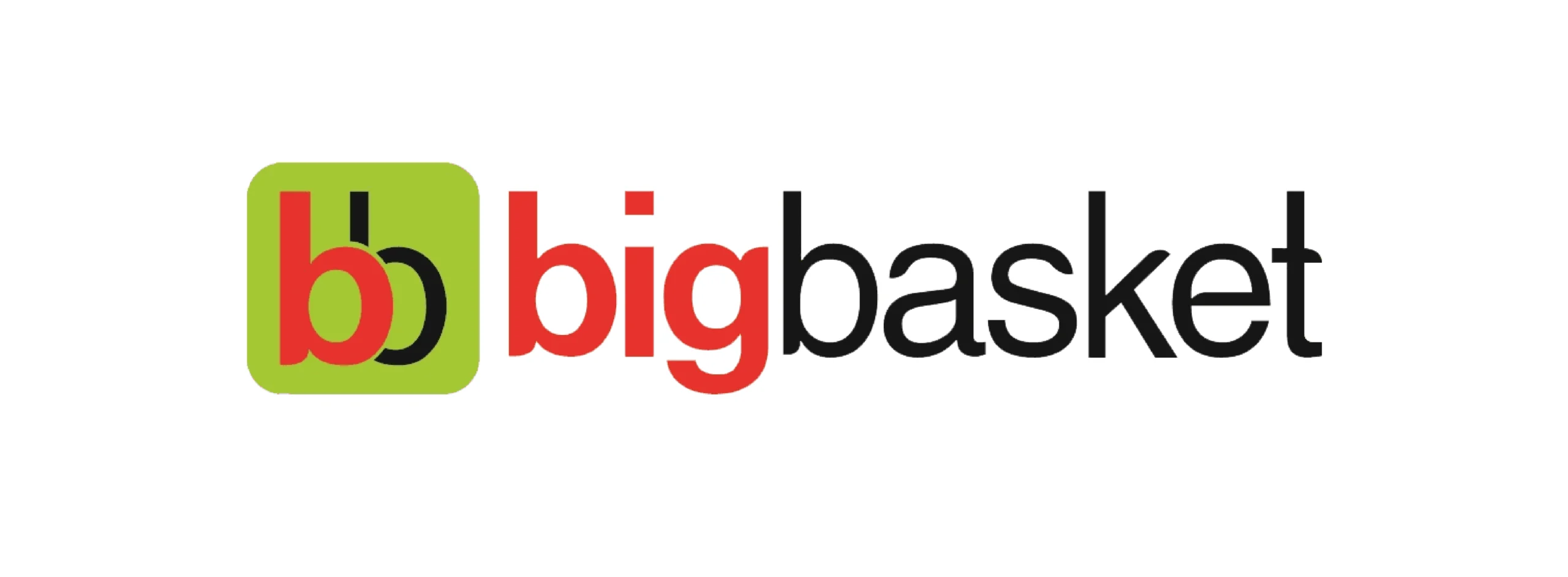
BigBasket is a household name in the Indian online grocery industry, renowned for its extensive product selection and exceptional service. Now a Tata Group company, BigBasket has introduced BB Now to compete in the quick commerce space. Through BB Now, BigBasket offers delivery of select groceries and essentials within 60 minutes, and in some locations, as fast as 20-30 minutes.
With Tata’s backing, BigBasket has extended BB Now to over 40 cities across India, leveraging its strong supply chain and network of local warehouses. Unlike startups, BigBasket combines traditional warehouse operations with dark stores and local partner stores to fulfill orders quickly.
It’s also known for maintaining a high standard of quality in fresh produce and perishables, which gives it an edge in customer trust. While BigBasket has historically focused on scheduled deliveries, the adoption of quick commerce demonstrates that it is adapting to new consumer expectations.
BB Now’s presence ensures that BigBasket remains among the top quick commerce companies in India, especially for customers who value both speed and reliability. By blending the convenience of instant delivery with BigBasket’s broad catalog, BB Now strengthens the company’s position against younger rivals.
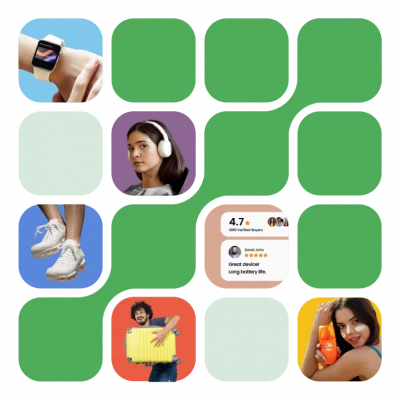
Flipkart Minutes

Flipkart, India’s leading e-commerce marketplace (owned by Walmart), entered the quick commerce fray with Flipkart Quick in 2020 and later ramped up efforts under “Flipkart Minutes.” In mid-2024, Flipkart Minutes was launched as a dedicated hyperlocal service targeting 15-minute deliveries for a range of products.
This marked Flipkart’s renewed attempt, following earlier pilots, to offer instant grocery delivery. Flipkart Minutes draws on the company’s extensive logistics and warehouse infrastructure. Notably, Flipkart Minutes is not limited to groceries; it also promises fast delivery of items like mobile phones and electronics in select areas.
By 2025, Flipkart announced that it would deliver essentials in as little as 10 minutes through the Flipkart app. The service initially rolled out in major urban hubs, utilizing around 150 localized fulfillment centers to stock high-demand items.
Flipkart’s approach is to integrate quick commerce into its existing platform, allowing millions of users in India to access instant delivery options alongside regular e-commerce. This strategy could give Flipkart a competitive edge by offering speed for everyday needs without a separate app.
With Walmart’s support and Flipkart’s robust supply chain, Flipkart Minutes is poised to become one of the top quick commerce players in India. It reinforces how even traditional e-commerce leaders are innovating to meet the consumer demand for immediacy.
Fresh to Home

FreshToHome is a popular D2C e-tailer specializing in fresh fish, seafood, and meat, known for its farm-to-table supply chain. To cater to urgent customer needs, FreshToHome launched its Rapid Express Delivery service in 2022, known as FreshToHome Express, which promises delivery of orders in approximately 29 minutes in select areas.
This quick commerce initiative by FreshToHome complements its standard same-day and next-day delivery slots. It demonstrates that quick commerce companies in India are not limited to groceries and snacks; even specialty categories, such as meat and seafood, are adopting instant delivery models.
FreshToHome had to fine-tune its cold-chain logistics and inventory placement to achieve this speed, ensuring that quality was not compromised. The result is a more convenient experience for time-sensitive customers, such as those preparing dinner, who can obtain fresh ingredients on short notice.
While FreshToHome Express is region-specific, it showcases how niche players can implement instant delivery in India within their domain. It adds a layer of competitive pressure on broader grocery apps, keeping FreshToHome in the conversation among India’s top quick commerce players for fresh foods.
Conclusion
In conclusion, India’s quick commerce revolution is reshaping the retail and e-commerce landscape at an astonishing pace. What began with a few startup experiments has evolved into a nationwide movement towards faster, more convenient shopping.
The market impact is significant—consumer expectations have permanently shifted towards immediacy. Thanks to these top players, on-demand delivery in India is now the norm in many cities. They have built the infrastructure and habits that will likely serve as a backbone for future innovations in retail, such as delivery by automated vehicles or deeper personalization.
As more brands establish themselves in this area, there is an increased need for quick commerce intelligence solutions like MetricsCart. It enables brands to bring operational clarity to a fast-moving channel, ensuring their bestsellers stay in stock, their pricing remains competitive, and their visibility isn’t left to chance.
Dominate Q-Commerce Listings with Real-Time Insights.
FAQs
Quick commerce refers to ultra-fast product delivery, typically within 10 to 30 minutes of ordering, via app-based platforms. Unlike regular e-commerce, which may deliver in a day or more, quick commerce relies on local micro-warehouses and a dense delivery network to fulfill orders almost instantly.
The leading names are Blinkit, Zepto, and Swiggy Instamart, which together command the majority of the market.
Quick commerce companies achieve 10–30 minute deliveries by using “dark stores” and advanced logistics. When an order is received, the nearest dark store is notified, and a picker assembles the order immediately. Delivery partners, typically riding bikes or scooters, are strategically located to pick up and deliver the order to the customer quickly.
In the early stages, many startups burned cash by offering deep discounts and free deliveries to acquire customers, raising concerns about sustainability. However, the leading players are now focusing on improving unit economics. They are optimizing operations, charging small delivery fees or higher prices during peak hours, and expanding order sizes to increase margins.
The future of quick commerce in India looks promising and dynamic. As companies expand beyond the metropolitan areas, we can expect to see these services penetrate further into second-tier cities and even smaller towns

